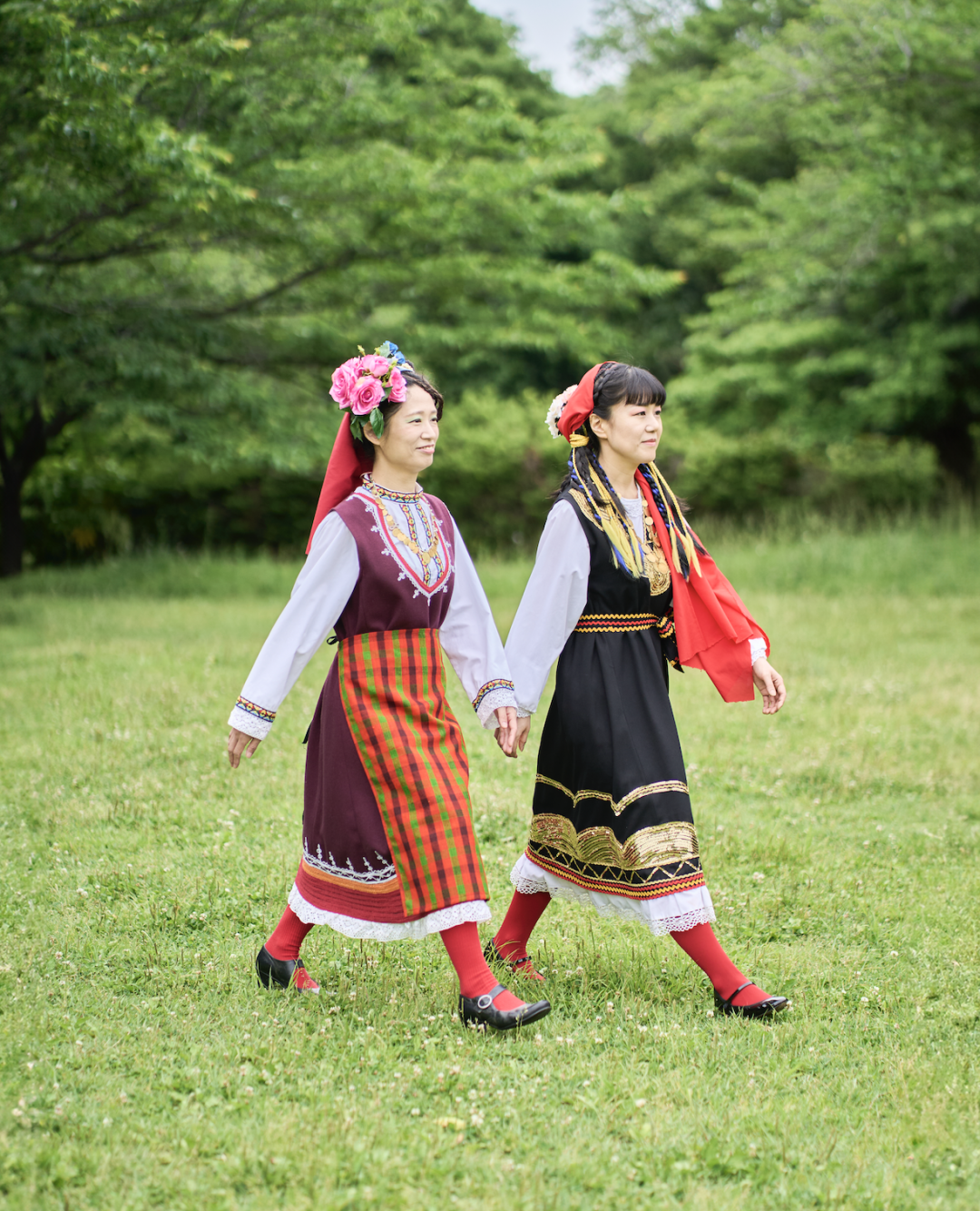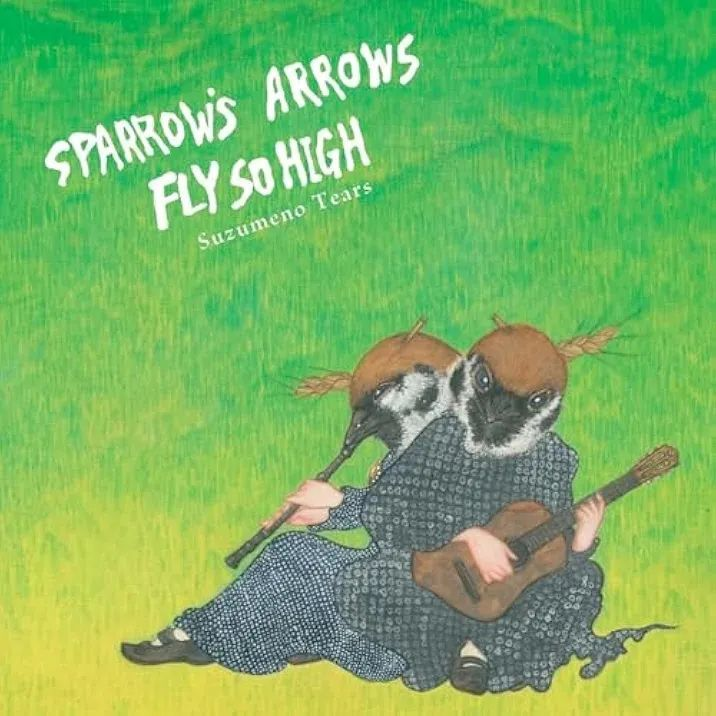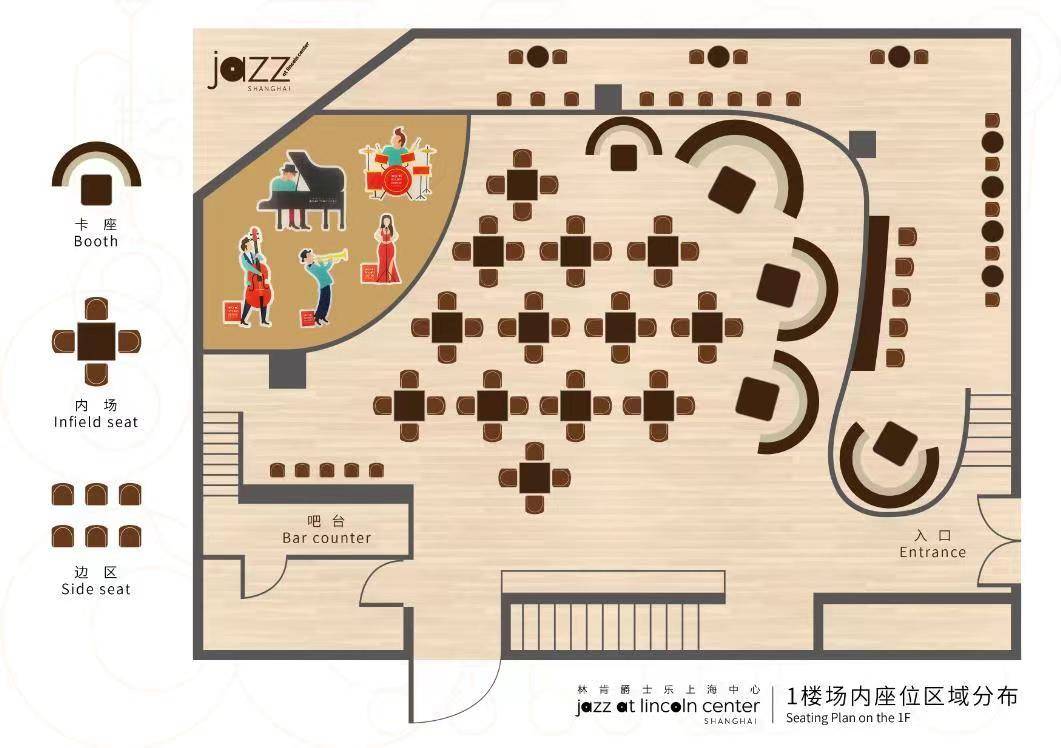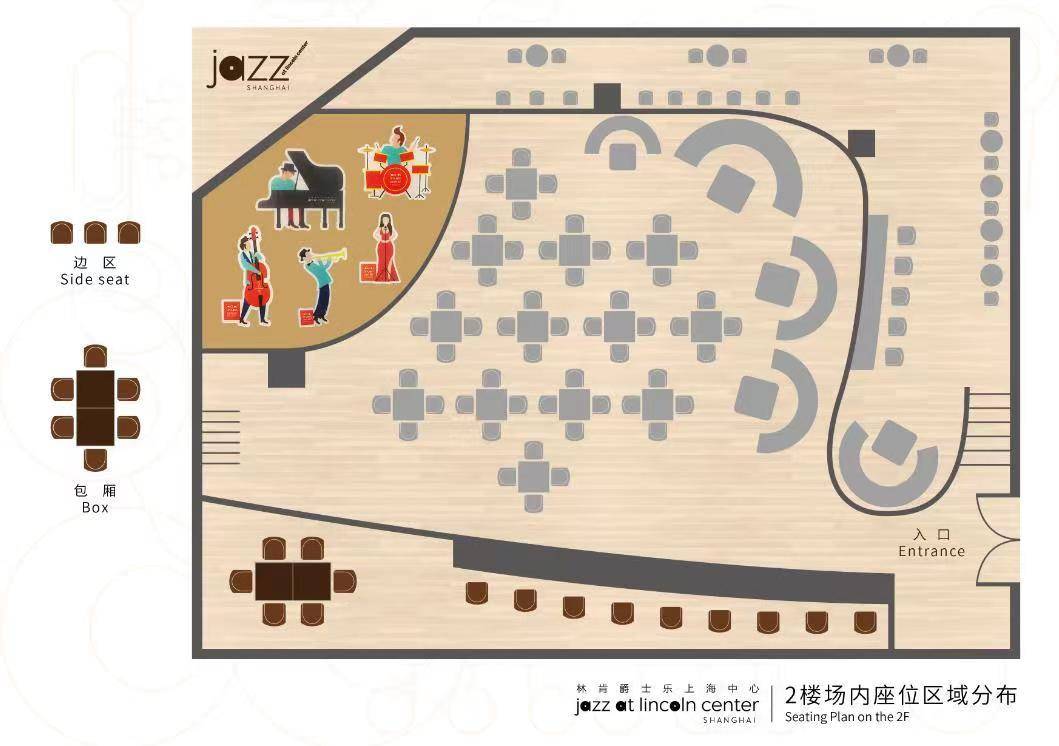
Suzumeno Tears Live in Concert
Venue:
Jazz at Lincoln Center Shanghai
4F, 149 Nanjing Dong Lu, near Jiangxi Zhong Lu Huangpu Shanghai
Date:
4/19/2025
This ticket is only available as an e-ticket

Suzumeno Tears Live in Concert
4/19/2025
Jazz at Lincoln Center Shanghai
4F, 149 Nanjing Dong Lu, near Jiangxi Zhong Lu Huangpu Shanghai
¥199
E-ticket
Event details
👉 Receive E-ticket via Email
👉 Gain Admission with E-ticket
👉 No Cancellation
👉 Due to Limited Seats, Some Infield Seats on Site are Subject to a Table Sharing System
Suzumeno Tears is born from one such resilient tradition: Goshu Ondo, a festival music originating from Kansai region.

Agatha, born and raised in Kansai, absorbed the harmonies of the Beatles and Brazilian music. Eventually, her childhood familiarity with Kamigata (Kansai) comedy led her to the world of Goshu Ondo, where she began singing. Meanwhile, Miyuki Sato, after studying folk music and dance in Bulgaria—grappling with the challenges of language barriers—sought a more direct form of expression, leading her to Goshu Ondo as well.
When these two women quietly joined forces, blending Goshu Ondo with Balkan polyphonic singing, they sparked an understated but profound revolution in Minyo.
Two years ago, in a cramped Tokyo live house, I first heard their "Polyphony Goshu Ondo" accompanied only by simple percussion. I was covered in goosebumps. Was this a Copernican shift in Minyo? A paradigm shift? Listen to their album "Sparrow's Arrows Fly so High", and you'll understand the shock that I felt.

A Brazilian-style guitar lends a tropical touch to "Itokuri Bushi", a folk song from Amami Oshima. The exotic sound of the Bulgarian shepherd's flute, the Kaval, breathes new life into "Akita Daikokumai". And "Zaraita Bushi"—a mashup of Yokohama Port's Meiji-era laundry song with the Bulgarian folk tune "Prala Nachka"—has emerged as their anthem.
Through my work, I've encountered many folk music in living traditions thriving in the 21st century—across the globe: in Turkey, Poland, Indonesia, Cyprus, Morocco, India, and now, here in Japan. I hear that same vibrant spirit in the songs of Suzumeno Tears.
Minyo are traditional Japanese folk songs rooted in daily life, often sung during work, festivals, and celebrations. They reflect regional culture through unique melodies, rhythms, and instruments like the shamisen and taiko
Obon, a Japanese summer festival honoring ancestral spirits.
Goshu Ondo is a traditional Japanese festival song from Shiga Prefecture in Kansai region, typically performed during Obon dances. Its distinctive call-and-response style and rhythmic melodies make it a vibrant part of summer celebrations.
(22/2/2024 Takuya Salam Unagami)
Notice
Date: Saturday, 19th Apr. @ 19:30
Price:
- ¥199 Single Ticket



Follow our WeChat for event news, deals, gossip and more!
Book Now
Suzumeno Tears Live in Concert
Venue:
Jazz at Lincoln Center Shanghai
4F, 149 Nanjing Dong Lu, near Jiangxi Zhong Lu Huangpu Shanghai
Date:
4/19/2025
This ticket is only available as an e-ticket
© 247tickets 2020 沪ICP备19024898号-2

 Add us on WeChat to speak to our friendly customer service team! ID: Tickets247Tickets
Add us on WeChat to speak to our friendly customer service team! ID: Tickets247Tickets